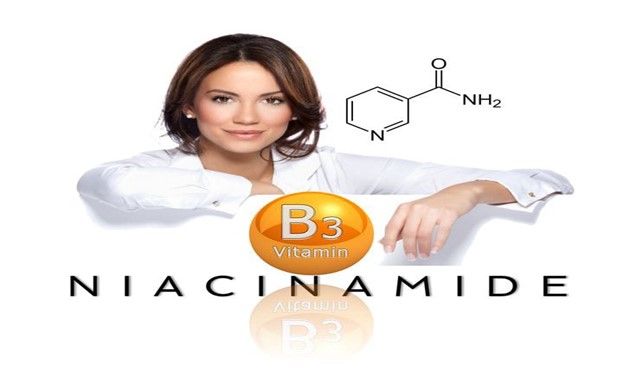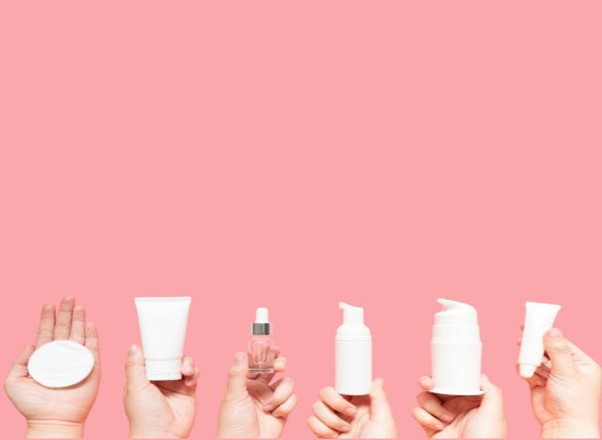Introduction:
As your skin ages and goes through different situations, it faces various issues like fine lines, discoloration, pores, and dark spots. But what if there’s one ingredient that can tackle them all?

Niacinamide – the ultimate skincare superhero! In this blog, we’ll reveal what Niacinamide is, its amazing benefits, and why it deserves a spot in your routine. Let’s dive in!
What is Niacinamide:
Niacinamide, also known as nicotinamide, is a form of Vitamin B3 and a water-soluble vitamin that our bodies can easily absorb. Originally known for treating pellagra, it is now valued in skincare for its effectiveness against hyperpigmentation and eczema. It works at the cellular level to transform your skin by hydrating, calming redness, reducing oil production and pore size, and tackling pigmentation. This powerhouse ingredient is a must-have in any skincare routine! For best results, use consistently and pair with sunscreen.
The power of Niacinamide: what does it do?

- Will Reverse Cellular Damage: Niacinamide helps repair cellular damage caused by UV rays and inflammation from acne. It reduces inflammation, which aids in treating both acne and acne marks. Additionally, it helps reverse tanning.
- Niacinamide – Booster for collagen production: It boosts collagen production and increases ceramide levels in the skin Both of these actions help slow down the aging process. An important property of Niacinamide is its effect on the skin’s upper layer, the stratum corneum. Healthy cells in this layer support barrier repair, reducing sensitivity. By improving cellular functionality, Niacinamide is suitable for those with sensitive skin as well.
- Reduces Redness: Soothes irritated skin and protects from redness
- Gets Rid of Dark Spots: Combat dark spots and hyperpigmentation, achieve an even skin tone.
- Minimizes Pores: Achieve a smooth, flawless finish by reducing the appearance of pores
- Control Oil: Balance sebum production to keep your skin matte and shine-free.
- Hydration: Strengthen your skin barrier and lock in essential moisture.
How much amount can be used?

Niacinamide is found in cleansers, serums, moisturizers, and many other products, with varying concentrations. A percentage of 5% or higher is generally effective. If you have sensitive skin, you may want to start with a lower concentration and always consult with your dermatologist to start your routine to avoid complications.
Conclusion:
Niacinamide, a versatile skincare ingredient, works at the cellular level to enhance your skin’s health and appearance. While applying niacinamide topically is crucial for addressing specific skin concerns, maintaining a balanced diet rich in Vitamin B-3 can also support overall skin health. Foods like eggs, cereals, green vegetables, beans, fish, and milk are excellent sources of Vitamin B-3.
For those considering supplements to address deficiencies, it’s important to do so under medical supervision to determine the appropriate dosage. Consulting a dermatologist can help tailor the treatment to your specific needs.




